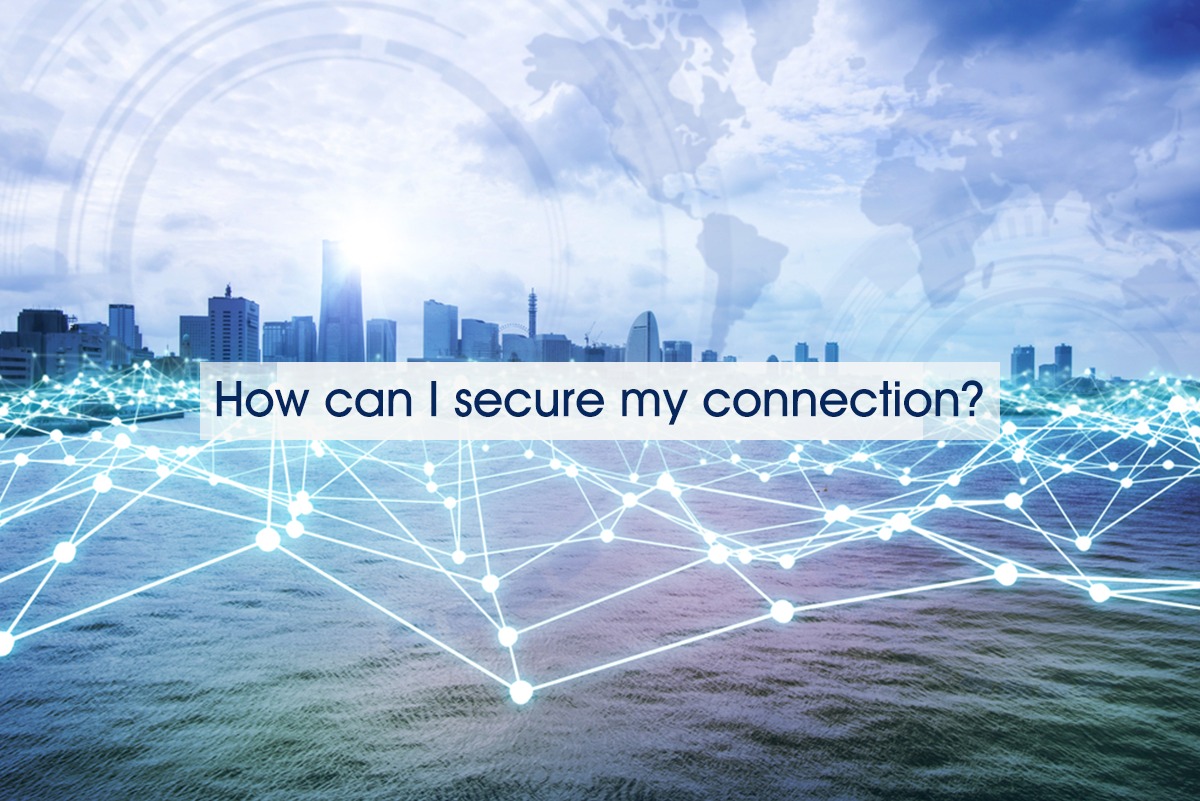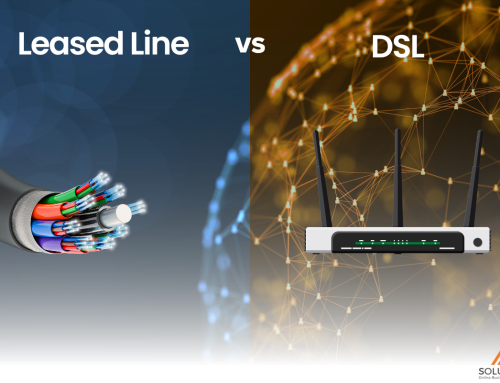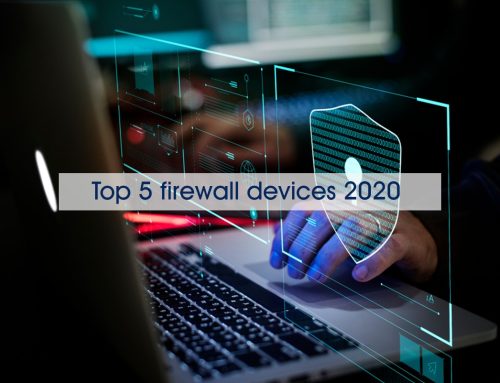Protect Your Router
The key hub for your home’s internet connectivity is your router. This deals with who can and can’t use your connection, making it a key target for hackers. As such, to avoid any headaches in the future, it’s worth securing your router.
Check for flaws in the firewall
A firewall is the first port of call to verify the internet security. The key task of the firewall is to defend the ports on your device from unwelcome guests. As such, checking these ports to ensure that unauthorized links do not sneak in is a smart idea.
Check Leakage for your VPN Link
If you’re using a VPN, you should double-check that the provider uses IP Leak to cover you. This will prod your traffic to ensure that your VPN link is safe and that your real information do not “leak” If you visit a website without a VPN, all the data that can be extracted from your link will be shown to you.
Since enabling the VPN, when you reopen the website, it should reveal the server information of the VPN rather than your own. If you see your info, it means your connection isn’t protected properly by your VPN.
Check Your Power Antivirus
To guarantee that nothing malicious slides into your device, antivirus software secures your downloads. As a consequence, ensuring that it is involved and correctly doing its job is a smart thing. When they emerge, a bad antivirus won’t grab threats and will let them infect your device.
When searching, check your protocol.
It is sent in what’s called “plaintext.” if you upload data to a website that uses the HTTP protocol. This means that there is nothing between you and the destination server that encrypts the data. People will snoop and record some private information on what you send. As you’re never sure if anyone is logging your data, this makes HTTP unsafe to use on a public network.




